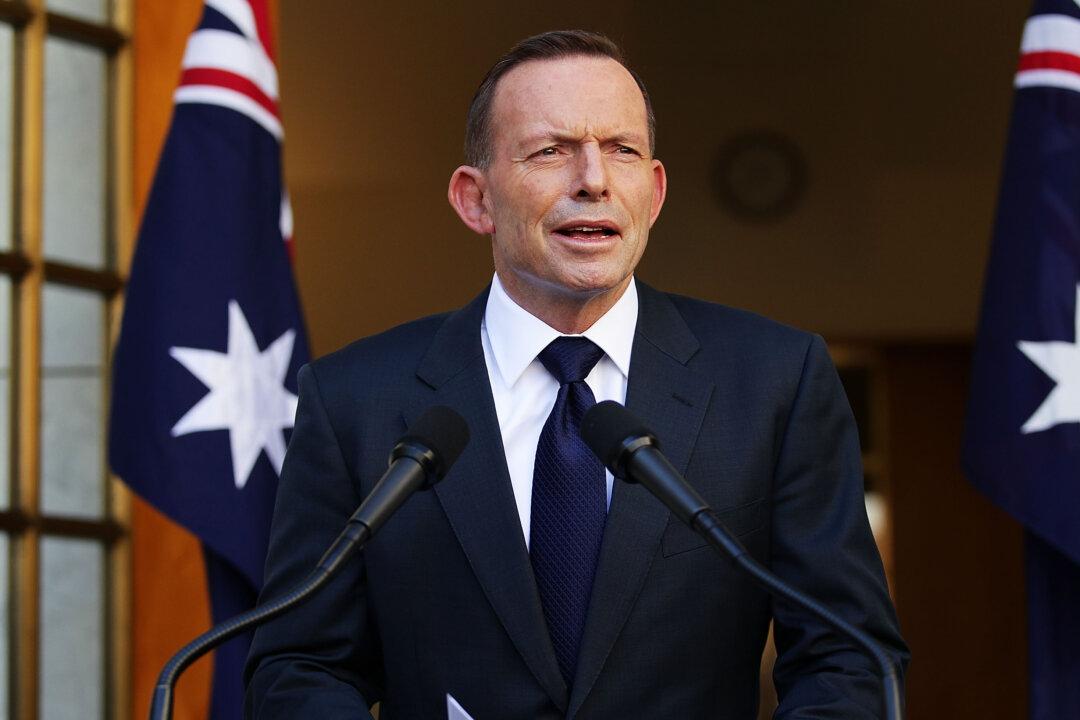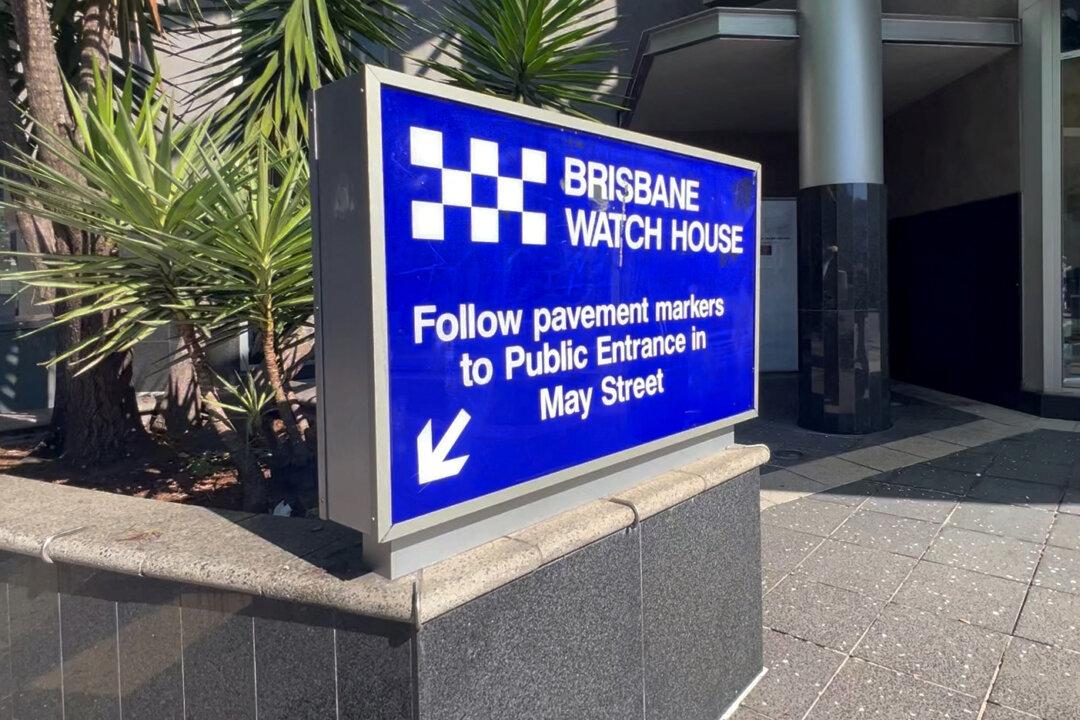Former Prime Minister Tony Abbott doesn’t mince words when he talks about the big issues.
Abbott, who led Australia from 2013 to 2015, spoke candidly with former deputy prime minister John Anderson, in a down-to-earth discussion hitting on everything from defence to education—and the topic of what went wrong for the Coalition in this year’s election.





